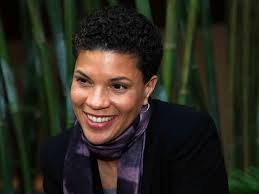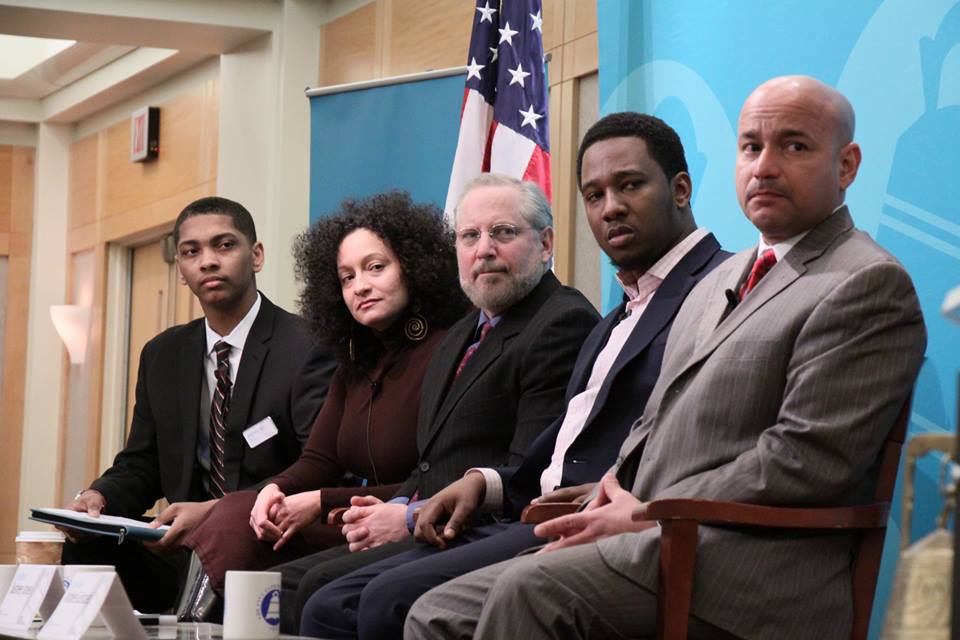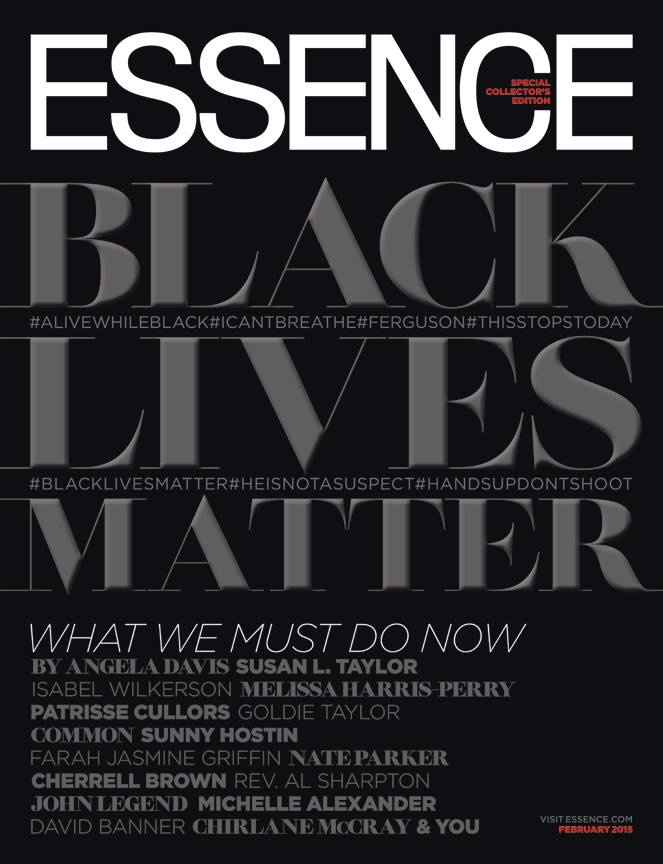In her influential best-seller, “The New Jim Crow,” law professor Michelle Alexander dissects the devastating racial consequences of “locking up and locking away” more than two million American citizens. And in her frequent public appearances, Alexander elaborates on the paradox of her subtitle: “Mass Incarceration in the Age of Colorblindness.”
She drew a standing ovation on a recent, frigid night at Baldwin Wallace University near Cleveland. Speaking in a steady, clear voice, the Ohio State University professor delivered a portrait of contemporary racism difficult to hear: The U.S. prison population quadrupled in the last 30 years, fueled, Alexander argues, by a war on drugs applied disproportionately in communities of color. There are more American prisoners now than there were slaves in 1850 — before the Civil War. And black children now have less chance of being raised by two parents than black children born into slavery, a system notorious for dismantling families.
“We all know large numbers of black men are locked away in cages,” she told more than 800 listeners, some packed into an overflow room. “And we know people released from prison face a lifetime of discrimination, scorn and exclusion.” She listed some of the hundreds of work-required licenses barred for people with felonies — including in some states, a barber’s license.
“I now believe mass incarceration is the new Jim Crow,” said Alexander, 46, dressed plainly in a gray jacket, brown blouse and brown slacks. “People sometimes react with shock: What about Barack Obama? What about Oprah Winfrey? What about Colin Powell?”
The comedian Steve Colbert did, asking, with faux severity: “Why did not black people just say no?”
Alexander told him that solid research shows African Americans use illegal drugs at the same rates as other races, but are much more frequently prosecuted. She would like the country to return to its 1970s levels of incarceration, legalize marijuana, and end the war on drugs.
The American people twice elected a black president — a fact that Alexander believes helps mask a new system of racial caste, where nobody drinks at a segregating water fountain, but jobs, housing and food stamps are all blocked from those trying to re-enter society from prison. Poor communities are saddled with decrepit schools, while gleaming, high-tech prisons operate for profit. She cited the research of William Julius Wilson: in the 1970s, 70 percent of African-Americans in cities held blue-collar jobs; today the figure is 28 percent.
“The one thing that poor folk of color can ask for and get are police and prisons,” she said dryly. The daughter of the late John and Sandra Alexander, a senior vice president for ComNet Marketing group in Medford, Oregon, Michelle graduated from Vanderbilt and Stanford universities, and clerked for Supreme Court Justice Harry Blackmun. Her sister, Leslie Alexander, is a professor of African American studies at Ohio State University. Her husband, Carter Mitchell Stewart, is a U.S. Attorney for the Southern District of Ohio.
Even as a civil rights lawyer, Alexander said she awoke to the new Jim Crow slowly, reluctantly: “There was a time when I rejected those comparisons out of hand as exaggerated and unproductive.”
No more. Her book won an NAACP Image award in 2011, and has been firing conversations in book clubs, churches and universities since it arrived in paperback. Some students at Baldwin Wallace took careful notes; others scrolled their smart phones. Partisans of the Communist Party sold newspapers at the door, and one man who identified himself as a lifelong member asked Alexander to declare her allegiances.
“I am someone who believes in justice,” she said carefully. “I am for basic human rights and economic justice for all. I resist labels and I am not going to assign one to myself.”
Her advice to students: “Think about movement building and not simply policy reform.” She pointed to the success of gay marriage advocates who bent public opinion: “Politicians have no choice but to respond.”




kathy jo gutgsell
February 7, 2015
Hello,
I am curious why Ms. Alexander’s book did not receive the Annisfield-Wolf prize. It seems to contribute greatly to our understanding of issues of race and culture.
Thank You,
Kathy Jo